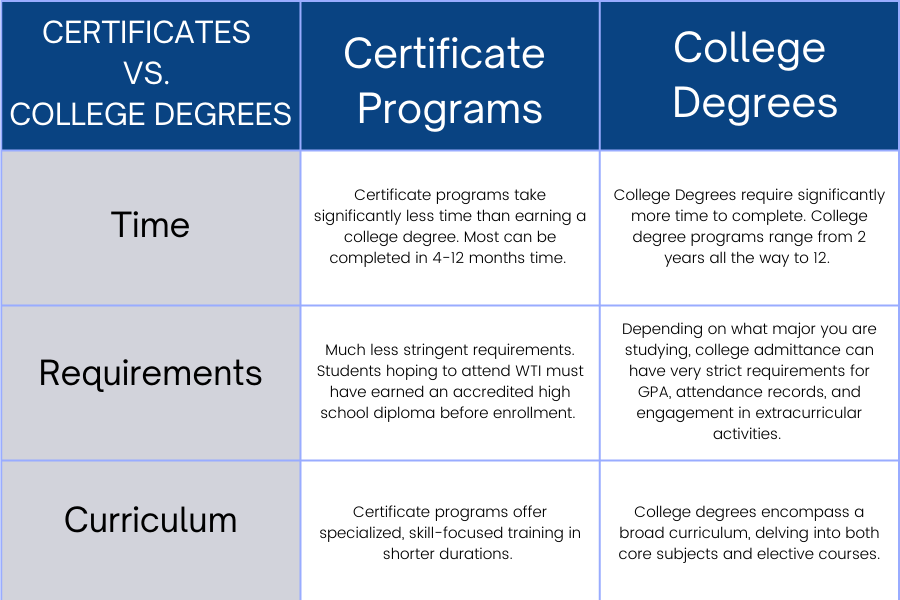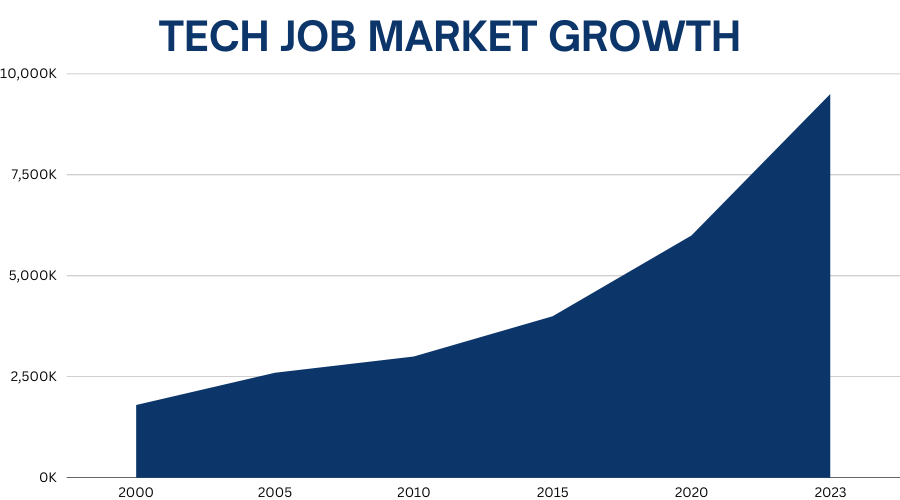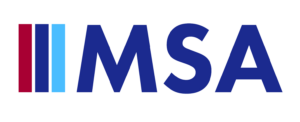
In an era where the traditional path to success is often seen as attending a four-year college or university, technical institutes, such as WTI, offer a compelling alternative. With an emphasis on practical skills, industry relevance, and faster entry into the workforce, technical institutes are reshaping the educational landscape. But how do they compare to traditional educational pathways? Let’s dive in.
Faster Path to Employment
One of the standout benefits of attending a technical institute is the streamlined, focused nature of the curriculum. These programs are tailored to equip students with the essential skills and knowledge required for their chosen field, enabling a rapid transition from classroom learning to a professional setting. Traditional college degrees often require students to invest four years or more in their education, balancing general education classes with major-specific coursework.
In contrast, many technical programs can be completed in two years or less, allowing students to quickly start their careers. This accelerated timeline not only means entering the workforce sooner but also represents a significant savings in terms of tuition, living expenses, and opportunity costs. For those eager to kickstart their careers and minimize time spent in educational settings, technical institutes offer a compelling advantage.

Skill-Centric Curriculum
College degrees are designed to provide a comprehensive education, giving students a well-rounded academic experience. This approach can benefit those who are undecided about their career paths or those who wish to have a wide range of foundational knowledge that can be applied in multiple contexts. While this offers students a broad understanding of various disciplines, it can sometimes delay the dive into the intricacies of their chosen field.
On the other hand, technical institutes and certificate programs are laser-focused on equipping students with the practical knowledge and skills specific to an industry. Unlike the broad-based curricula of traditional colleges, technical institutes zone in on the exact proficiencies that employers in particular fields are seeking. This ensures that students learn exactly what they’ll be doing in their future jobs, from day-to-day tasks to industry-specific challenges. The curriculum is often curated in collaboration with industry professionals, ensuring its relevance and applicability in the real world.
In essence, while college degrees provide a broad spectrum of knowledge, building analytical and critical thinking skills across a range of subjects, certificate programs from technical institutes offer a straight path to mastering the competencies needed for specific job roles in the workforce.
Cost-Effective Education
In today’s economic climate, the cost of education is a significant concern for many students and their families. Traditional colleges and universities, with their expansive campuses and wide range of amenities, often come with escalating tuition fees. Consequently, it’s not uncommon for students to graduate with mountains of debt, burdened by hefty student loans that could take years, if not decades, to repay.
Schools like WTI present a viable alternative to this financial strain. Since these programs are more concise, concentrating on specialized skills without the additional cost of unrelated courses, the duration of study is often shorter. A shorter study timeline typically means fewer semesters of paying tuition, buying textbooks, and other associated costs. As a result, the overall expenditure for students at technical institutes can be considerably less than that of a four-year college or university. This makes technical education not only a pathway to quick employment but also a more financially accessible option for many who wish to avoid or minimize student debt.
Small Class Sizes & Personalized Attention

Technical institutes, by their very nature, emphasize hands-on training. This requires smaller class sizes, ensuring each student receives personalized attention, leading to a deeper understanding of the subject matter. Unlike traditional classrooms that can sometimes prioritize lecture-based learning, technical institutes prioritize real-world application and practical experience. The intimate classroom setting allows instructors to address individual queries, tailor lessons to specific needs, and offer direct feedback, enriching the learning experience.
High Demand For Technical Skills
As technology rapidly evolves, there’s a growing demand for skills that can’t wait for traditional four-year educational cycles. Employers often have immediate needs for specialized technical skills, and graduates from institutes like WTI fit perfectly into these roles.
With the accelerated pace of the digital era, industries are witnessing swift transformations in the tools and methodologies they utilize. In such a dynamic environment, traditional four-year degrees might not always keep up with the pace of change. Technical institutes, on the other hand, have the flexibility to frequently update their curriculum to stay in sync with industry advancements. As a result, graduates from institutions like WTI bring contemporary, industry-relevant skills to the table, making them invaluable assets for employers and giving them an edge in the job market.

Real World Experience
Incorporating internships, apprenticeships, and real-world projects, technical institutes provide students with invaluable industry experience even before they graduate. This not only gives students a competitive edge but also enhances their confidence and readiness for the job market. Such practical exposure bridges the often-cited gap between academic knowledge and real-world application. It facilitates a smooth transition from an educational setting to a professional one, minimizing the ‘culture shock’ new graduates might experience. Moreover, these hands-on experiences frequently lead to networking opportunities, allowing students to build connections with industry professionals, which can prove pivotal when seeking job placements or advancing in their careers.
Flexibility For Adult Learners
For adults looking to switch careers or gain a new skill set, technical institutes offer unmatched flexibility. With multiple schedules, online options, and intensive courses, these institutions cater to those who might be balancing work, family, and education. Furthermore, the shorter duration of courses means that individuals can quickly re-enter the workforce with their newly acquired skills, avoiding long gaps in employment. This adaptive approach to learning recognizes the diverse needs and challenges of adult learners, ensuring that education is attainable no matter one’s life stage or circumstances.
Conclusion: A Path Worth Considering
The debate between traditional education and technical institutes isn’t about one being superior to the other; it’s about which is more aligned with a student’s career goals, lifestyle, and learning preferences. For many, the hands-on, practical, and swift nature of technical education makes it a compelling choice. As the world continues to evolve, institutions like WTI stand at the forefront, preparing students for the challenges and opportunities of tomorrow.
If you’re ready to get started, you can register for your program online through our website. Still have questions about our programs? Feel free to call us at 800-371-5581 or text us at 952-465-3702 to speak with an admissions specialist.


